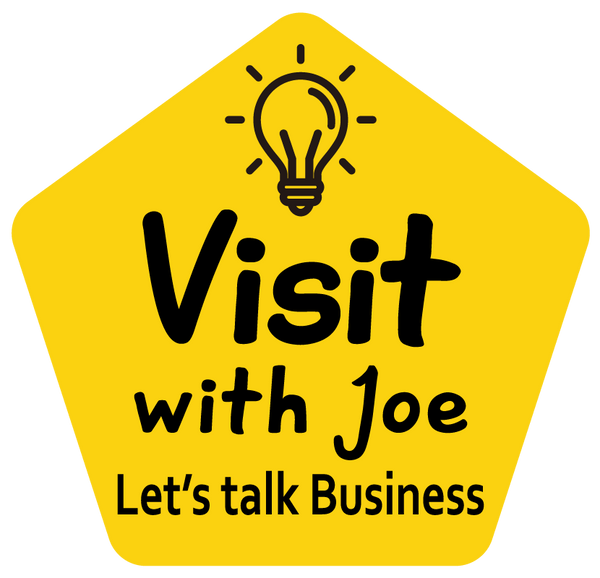ACP's Conversion to Employee Ownership Part 1
Share
When I started ACP International in 1986, I had no idea it would mature and grow into what is has become today. ACP is not a big company. We’ve got a few more than 60 employees, but I never imagined we’d reach this level of size or success.
It is said that time stops for no one. Well, it is true for me. One day in 2021 I woke up and said “I’m getting older. I need to think about business succession and retirement.” By the way, it is also a sign of getting older when you wake up in the morning and immediately begin talking to yourself, but that’s beside the point.
Anyway, I started looking at business succession options. Over and over, I noticed that business owners I knew who sold to private equity companies ultimately regretted it. Mainly because of the high debt load put upon the newly sold company, their employees endured cutbacks and layoffs. Their vendors and customers had to endure changes that were difficult. Many times, the company was moved out of their home town.
Yes, the sale may have worked for the seller financially, but little else was good, even for the seller. I’ve said that the seller ended up with a fat wallet but a broken heart.
I recently heard a guy say something similar to the fat wallet, broken heart expression. He had sold his business to a private equity group a couple years before. He said "my net worth has never been higher, and my self-worth has never felt lower." He was saddened by the struggles being endured by everyone who was left in the company (plus those who had been dismissed).
I didn’t want that for myself or for ACP. I wanted the people who made our company successful to benefit from an eventual business transition. That meant it had to work well for our employees, our vendors and our customers.
That’s why Employee-ownership made sense to me. If done right (and yes, it takes time), the company has the stability of debt-free, long term employee ownership. ACP will remain in Arlington, Texas for a long time, keep long term employees who thrive, maintain quality vendors, and have long-term positive working relationships with great customers.
This is a great way to be in business. It is also a great way to stay in business.
What is the down side? Well, the honest answer is that I have to work a little longer and end up with a little less than if I had sold out to some other big buyer. But that's okay. I love my work and I've done very well financially. The legacy of what I am leaving behind is more important to me than a slightly fatter wallet.
Read Part 2 of this blog. It focuses more on the "how" of conversion to Employee Ownership.
